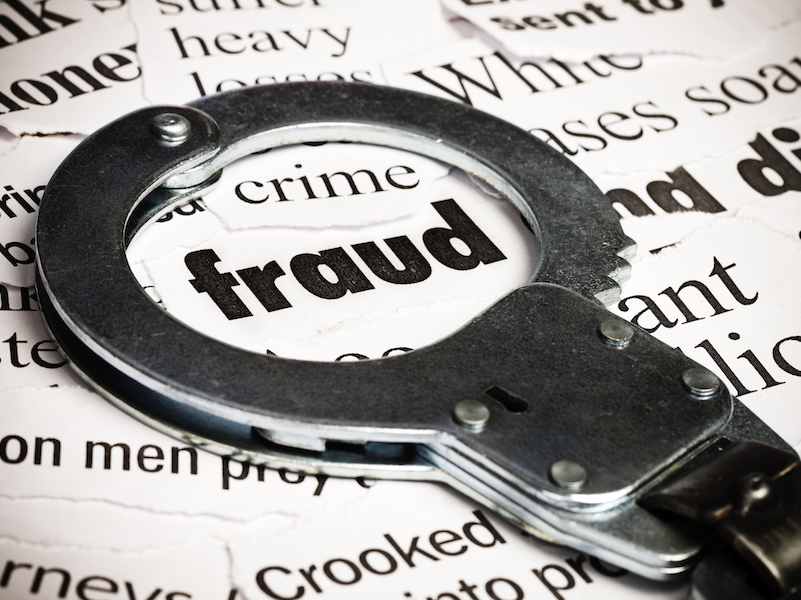
A new year brings new investment options, but the Alberta Securities Commission (ASC) is warning investors to be wary of opportunities that may be “too good to be true.”
The ASC’s Enforcement division identified investor complaints, ongoing investigations and current enforcement trends to make a list of the top six investment traps to watch for in 2020.
1. Stock promotion related to new and emerging industries
New and buzzworthy industries give rise to exciting investment opportunities, but scam artists capitalize on such industries as there is often limited information available. In recent years, the ASC says it has seen an increase in potential scams related to cannabis, foreign exchange and cryptocurrency.
2. Affinity fraud
In Alberta, affinity fraud — where victims are scammed by someone they trust — continues to be a major concern. The ASC says that currently, religious and cultural groups, particularly in rural areas, are the most susceptible to these fraudsters.
3. Exploiting a bad economy
A major red flag of fraud is the promise of high returns marketed as low-risk. In an unstable economy, a major life change can trigger stress and affect investment decisions. Scam artists take advantage of this vulnerability by offering investors riskier investments with the promise of higher returns.
4. Unscrupulous marketing
According to the ASC, the number of complaints related to high-risk investments marketed as low-risk are on the rise. Scam artist will use “high pressure sales tactics” to entice investors to fall into this trap.
5. Unregistered individuals selling securities
The ASC found that four in five Albertans do not check the registration of their advisor, which unfortunately opens the door for unregistered individuals to sell securities.
6. Promissory notes
The ASC has also seen an increase in reports of investors being promised better and safer returns by loaning money through a “promissory note,” which is simply a promise to pay. Fraudsters portray this as a safer option because it’s a loan backed by assets (such as real estate), but unfortunately the “loan” is more commonly a scam.